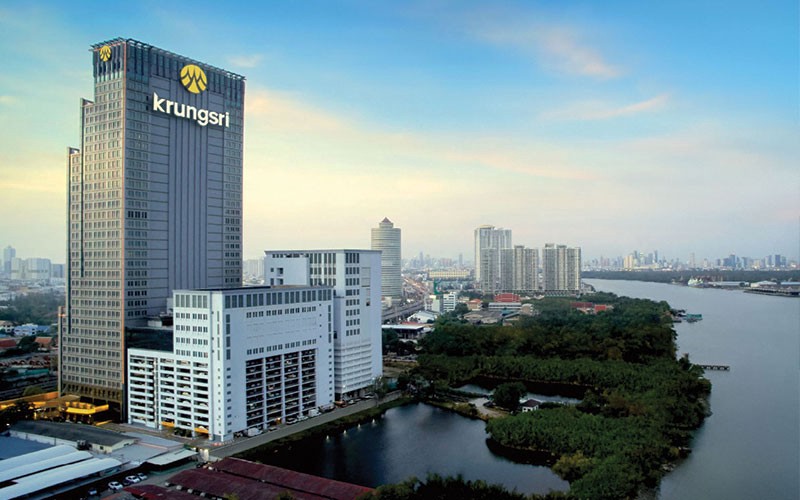Krungsri Research has downgraded its year-end target for the Stock Exchange of Thailand (SET) index to 1,418 points from the previous estimate of 1,660, reflecting a more cautious outlook on Thailand’s economy, weaker-than-expected corporate earnings, and ongoing global trade uncertainties.
Despite these challenges, Krungsri observes signs of enhanced market liquidity driven by new investment options such as Thai ESGX funds, the proposed Thailand Individual Savings Account (TISA) long-term equity savings scheme, and a retirement lottery savings initiative.
The firm projects the Thai economy may grow by approximately 2.7% in 2025. Structural reforms—such as household debt restructuring via the “Khun Su, Rao Chuay” debt purchase program—are expected to support economic stability over the medium term.
Additionally, ongoing large-scale infrastructure projects and Thailand’s development as a data center hub attracting Chinese and U.S. investors are seen as catalysts for the country’s growth strategy. Draft legislation on entertainment complexes with legal casinos and the Southern Economic Corridor could also further stimulate economic activity, according to Krungsri.
The research firm recommends investing in value stocks and companies likely to benefit from an easing interest rate environment, including Bangkok Dusit Medical Services (BDMS), CP All, Minor International (MINT), Kasikornbank (KBANK), Bangkok Chain Hospital (BCH), BTS Group Holdings (BTS), JMT Network Services (JMT), and Erawan Group (ERW).
Krungsri highlights that increasing regulatory clarity and ongoing structural reforms foster cautious optimism about Thailand’s long-term investment prospects, despite short-term market volatility.
Meanwhile, the SET announced new rules limiting high-frequency trading (HFT) to only stocks within the SET100 index to bolster market oversight and investor confidence. Effective from July 7, 2025, HFT investors will only be able to trade securities meeting specific liquidity and market capitalization criteria, primarily those in the SET100 and related derivatives such as warrants, depositary receipts, single stock futures, and ETFs.
This regulation aims to reduce price swings in small- and mid-cap stocks that may face limited trading liquidity. Asia Plus Securities (ASPS) commented that these rules could level the playing field and improve confidence in small- and mid-cap stocks, especially those listed on the Market for Alternative Investment (MAI). The brokerage pointed out that 97 companies outside the SET100 had previously experienced volatility from program trading.
ASPS suggested that with HFT restrictions in place, some stocks could become more attractive for short-term speculative trading. It identified potential beneficiaries such as CP Axtra (CPAXT), Stecon Group (STECON), PTG Energy (PTG), Precious Shipping (PSL), Thaicom (THCOM), and Taokaenoi Food & Marketing (TKN).
Under the new rules, HFT investors holding securities outside the designated categories can retain or sell their holdings but cannot initiate new purchases once the regulation is implemented.
Finally, the SET plans to launch its “Jump+” initiative later this month, targeting the participation of 50-100 listed companies in 2025. This three-year program aims to boost the profitability, reduce costs, and improve return on equity of listed firms by providing subsidies or cost-sharing for adopting advanced technologies, including artificial intelligence, in collaboration with tech giants like Google and Amazon.

